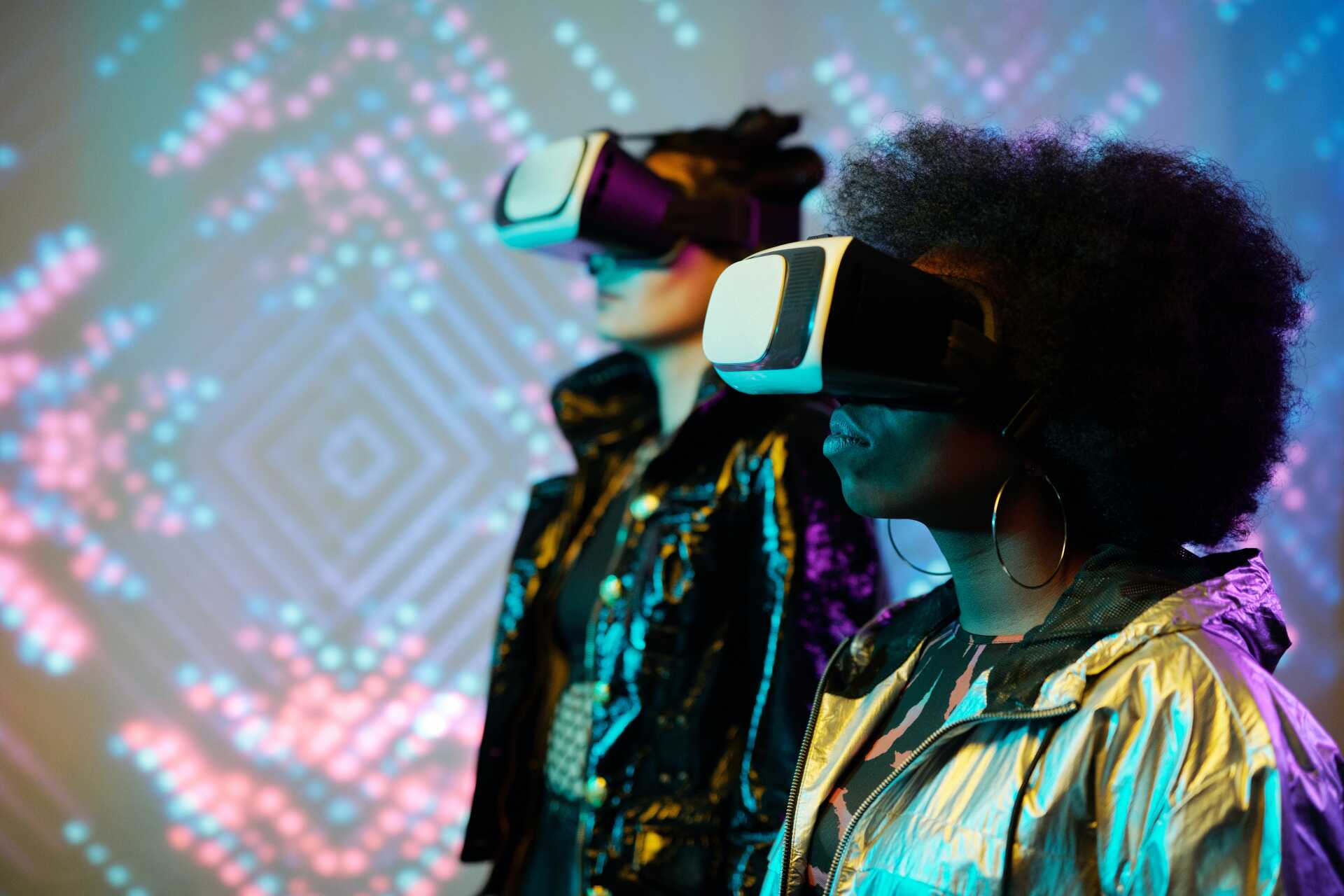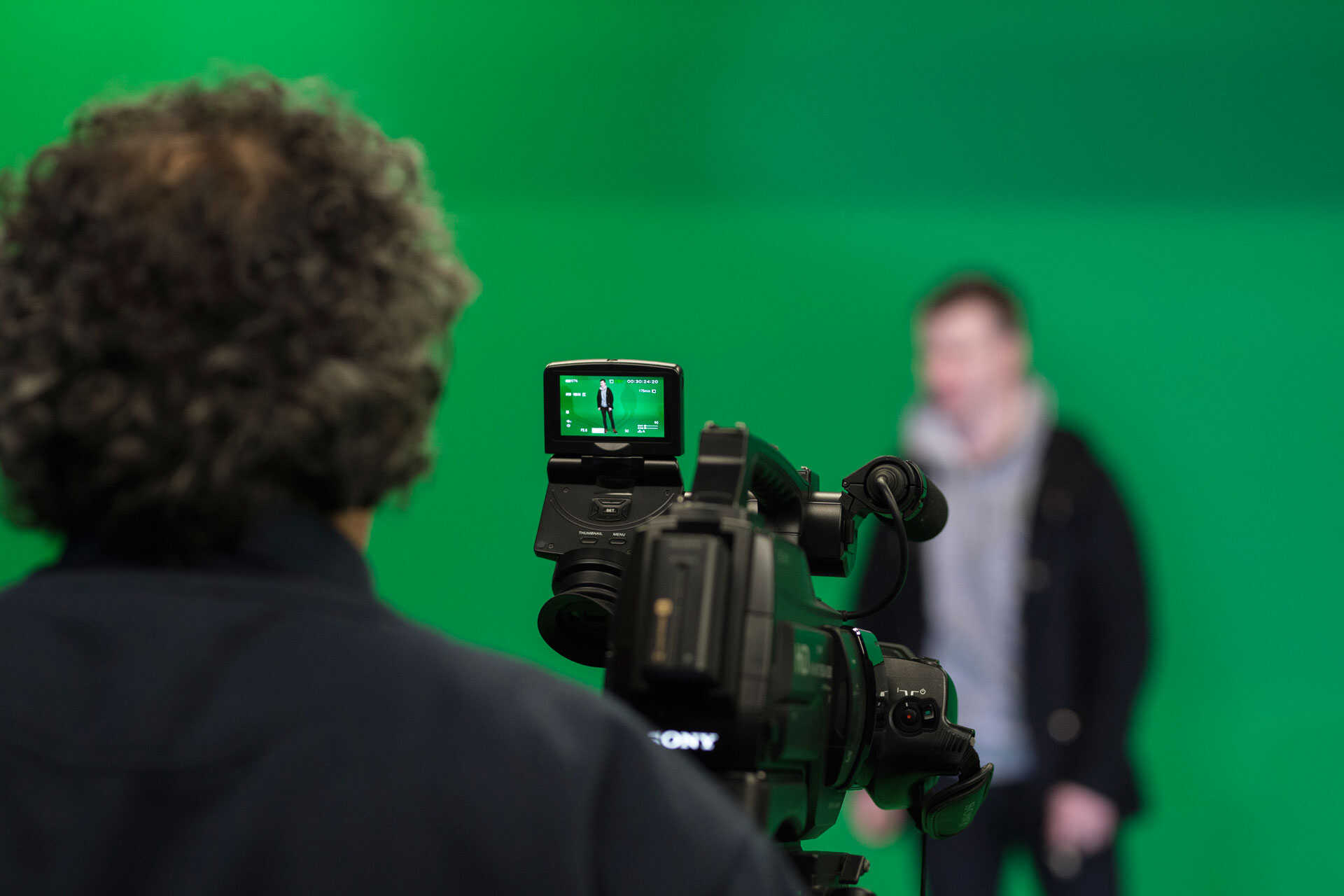What can I do with a degree in Digital Design?

A degree in Digital Design from the University of Kent equips you with the creative and technical skills to prepare you for a dynamic career in the digital and creative industries. Through modules in 3D production, UX/UI design, immersive experiences and programming, you will be ready to start your career in a variety of sectors. Get ideas and inspiration here before booking a one-to-one appointment with a Careers Adviser.
Careers in Digital Design
The following roles highlight the diverse career opportunities available to Digital Design graduates, showcasing their creative flair, technical expertise, and problem-solving abilities across digital media platforms.
VFX Artist - Create visual effects for films, TV, and games.
Game designer - Design gameplay, rules, and mechanics for video games
Animator - Bring characters, objects, and scenes to life through movement, using 2D or 3D techniques for film, television, games, and digital media.
Game Artist - Design and create the visual elements of video games, including characters, environments, textures, and animations, to bring interactive worlds to life.
UX/UI Designer - Design intuitive user experiences and interfaces for websites, apps, and digital platforms.
Animator/Multimedia Artist - Produce animations and visual effects for media, advertising, and entertainment.
3D Modeller - Design three-dimensional models for games, simulations, and virtual environments.
Alternative career paths
Digital Product Designer - Develop and refine digital products, ensuring they meet user needs and business goals.
Web Designer/Developer - Create and maintain engaging, user-friendly websites.
Digital Content Creator - Produce engaging digital content across various platforms
Where do University of Kent graduates work?
Organisations that have employed University of Kent graduates in the past include:
- Technology: Google, Amazon, Apple, Microsoft, Facebook/Meta, Spotify, Frog Design
- Media and Entertainment: BBC Studios, Sony Interactive Entertainment, Disney
- Marketing and Advertising: Ogilvy, WPP
- Data Analytics and Market Research: Nielsen
- E-commerce: Zalando
There are many more possible employers in these and other industries.

Find a job
The Careers and Employability Service provides information and advice on job searching to University of Kent students and recent graduates. This includes Uni Kent Careers Hub, advertising a range of graduate jobs, placement year and vacation work/internships.
Gaming and immersive media companies
Rockstar North - Creators of the Grand Theft Auto series
Creative Assembly - Known for the Total War series
Ubisoft Reflections - Game development and 3D design
Media and entertainment companies
The Mill - Post-production for VFX, motion graphics, and design
Tips to stand out
Build a strong portfolio: Showcase a diverse range of projects demonstrating your design skills, creativity, and problem-solving abilities across different digital platforms.
Gain experience: Take internships, freelance work, or participate in live projects to apply your skills and understand client and user needs.
Stay current with tools and trends: Keep up to date with the latest design software (e.g., Adobe Creative Suite, Figma, Sketch), and digital design trends, UX/UI best practices and accessibility.
Network: Join professional bodies such as the Interaction Design Foundation, attend industry events, and connect with professionals on platforms like LinkedIn.
Tailor your applications: Research each employer thoroughly and customise your CV and portfolio to align with their brand, values, and project focus.

Year in industry
A year in industry can have a big impact on your employability. By gaining real-world experience and learning key skills in the workplace, and pairing these with the knowledge you gain on your degree, you can become a highly employable candidate in the labour market. The year can be based in the UK or abroad, including your home country if you're an international student, and contribute to your final degree. At The University of Kent, many courses include an optional year in industry between your second and final year, where you undertake graduate-level work related to your studies.
Further study
Some Digital Design graduates pursue further study to specialise or move into research roles. You may also decide to get professional qualifications such as Google UX Design Professional Certificate or Adobe Certified Expert (ACE). There are also lots of online courses and platforms that may be useful such as Coursera, Udemy, LinkedIn Learning and Skillshare.
Creative Bloq: Design Career Advice
AIGA: The Professional Association for Design